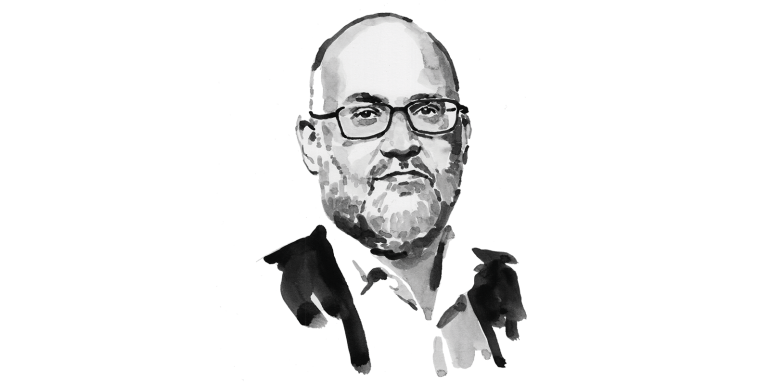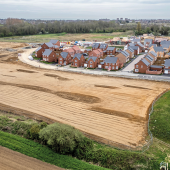The critical role of professional conduct

I continue to hear positive stories from members about how much they value CABE and the respect that being a building engineer brings.
That sense of pride is justified. Every year Ipsos, the long-established market research company, undertakes polling of members of the public to establish which professions they have the most trust in. The results are published in the Ipsos Veracity Index and make for interesting reading.
Museum curators – rated the fifth most trustworthy people in 2021 – have disappeared entirely (perhaps as a result of events at the British Museum), with engineers moving up to fifth place, closely behind nurses, aeroplane pilots, librarians and doctors.
The trust placed in engineers is testament to the professional commitment of CABE members and members of other professional institutions. Maintaining professional standards matters and it is your ongoing dedication to delivering high standards that has grown the trust between engineers, clients and the general public.
April's issue of Building Engineer focuses on professional standards and their delivery in the modern construction industry. Despite a renewed focus on regulatory and technical compliance in many countries, maintaining professional standards remains a challenge.
Moving the dial on industry performance will require significant change. Arguably, only clients can put in place new contractual frameworks that genuinely improve outcomes. But an individual professional’s conduct continues to have a critical role in ensuring that the public interest is met.
Change is giving construction professionals the greater authority and agency they need to make the right decisions; by the time April's journal is published, functional regulation of building inspectors will be coming into force in England and Wales. In the long term, this is undoubtedly a good thing – both for the status of the building inspector but also for the industry as a whole, where regulators will be better able to reward the good while being empowered to penalise the bad.
That said, at the time of writing there is concern about the impact of the transition to a regulated profession on the industry and on the individual professionals working in the building control sector. CABE took the lead in publishing guidance on supervision to help support capacity in the building control profession and to provide a framework for our members and their employers to help manage the transition. This guidance recognises that while many building inspectors will be registered, a significant number may not be able to successfully negotiate one of the three assessment routes by the 6 April 2024 deadline.
Remember that registration will continue after the deadline, and CABE is here to offer you support and advice. This is a stressful time for the industry, so look out for each other. The CABE Benevolent Fund, through its partnership with Anxiety UK, can provide access to free support if you or your colleagues are struggling with stress or anxiety.
Richard Harral Interim Chief Executive Officer








